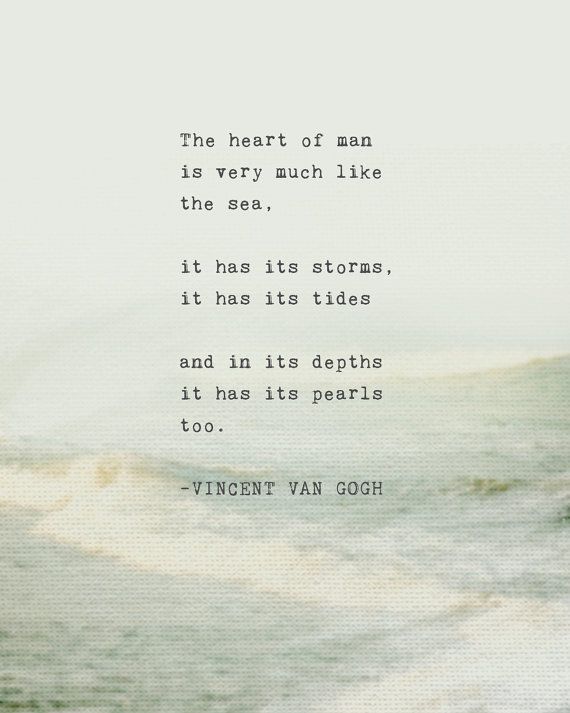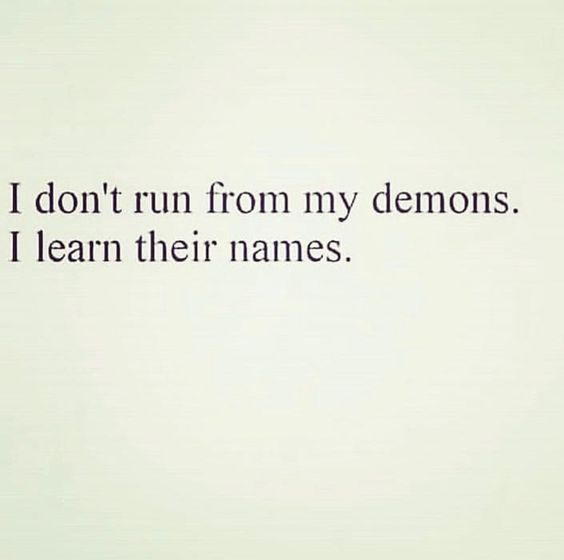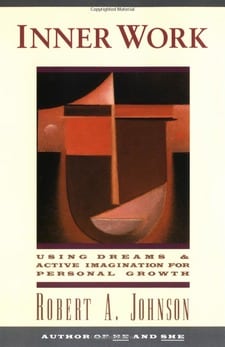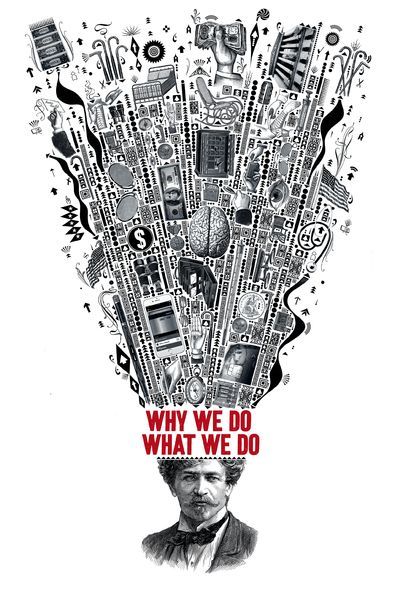Self Awareness Quotes
“The ego’s relationship to the huge unconscious is like that of a tiny cork floating in the ocean. We often feel like that. We feel like a cork that is being tossed about in the ocean of life, completely at the mercy of the waves and storms that push and pull us. We seem to have little control or power over anything. The cork is nevertheless morally equal to the ocean, because it has the power of consciousness! Although the ego is small, it has this peculiar power of awareness that we call consciousness, and that special, concentrated power gives it a position that is as necessary, as strong, and as valuable as the seemingly infinite richness of the unconscious.”
Robert A. Johnson, Inner Work (Page 184)
“Any quality within you can be personified [through Active Imagination] and persuaded to clothe itself in an image so that you can interact with it. If you feel an inflation, you can go to your imagination and ask that inflation to personify itself through an image. If you vaguely feel a mood controlling you, you can do the same. It is the image that gives one a starting point. You can then enter into dialogue; you can interact; and you can move toward some kind of understanding.”
Robert A. Johnson, Inner Work (Page 147)
“The process of inner growth demands that we examine consciously everything that motivates us.”
Robert A. Johnson, Inner Work (Page 72)
“None of us is just one thing. We are not monodimensional creatures; we are rich combinations of the infinitely varied archetypes. Each of us is part heroine or hero and part coward, part parent and part child, part saint and part thief. It is in learning to identify these great archetypal motifs within ourselves, learning to honor each one as a legitimate human trait, learning to live out the energy of each in a constructive way, that we make inner work a great odyssey of the spirit.”
Robert A. Johnson, Inner Work (Page 34)
“It is in [the] exchange between the ego and the various characters who rise up from the unconscious and appear in my imagination that I begin to bind the fragmented pieces of myself into a unity. I begin to know, and learn from, the parts of myself I had never known before.”
Robert A. Johnson, Inner Work (Page 26)
“Our English word fantasy derives from the Greek word phantasía. The original meaning of this word is instructive: It meant: ‘a making-visible.’ It derived from the verb that means ‘to make visible, to reveal.’ The correlation is clear: The psychological function of our capacity for fantasy is to make visible the otherwise invisible dynamics of the unconscious psyche.”
Robert A. Johnson, Inner Work (Page 23)
“Our culture in the twentieth century has a tremendous collective prejudice against the imagination. It is reflected in the things people say: ‘You are only imagining things,’ or, ‘That is only your fantasy, not reality.’ In fact, no one ‘makes up’ anything in the imagination. The material that appears in the imagination has to originate in the unconscious. Imagination, properly understood, is a channel through which this material flows to the conscious mind. To be even more accurate, imagination is a transformer that converts the invisible material into images the conscious mind can perceive.”
Robert A. Johnson, Inner Work (Page 22)
“Just as a burning fire inherently exudes heat, the unconscious inherently generates symbols. It is simply the nature of the unconscious to do so. As we learn to read those symbols we gain the ability to perceive the workings of the unconscious within us. This ability to produce symbols affects more than just our dreams: All of human life is nourished by the flow of symbolic imagery from the wellsprings of the unconscious.”
Robert A. Johnson, Inner Work (Page 20)
“The world of dreaming, if we only realized it, has more practical and concrete effect on our lives than outer events do. For it is in the world of dreaming that the unconscious is working out its powerful dynamics. It is there that the great forces do battle or combine to produce the attitudes, ideals, beliefs, and compulsions that motivate most of our behavior.”
Robert A. Johnson, Inner Work (Page 19)
“Every person must live the inner life in one form or another. Consciously or unconsciously, voluntarily or involuntarily, the inner world will claim us and exact its dues. If we go to that realm consciously, it is by our inner work: our prayers, meditations, dream work, ceremonies, and Active Imagination. If we try to ignore the inner world, as most of us do, the unconscious will find its way into our lives through pathology: our psychosomatic symptoms, compulsions, depressions, and neuroses.”
Robert A. Johnson, Inner Work (Page 10)
“The disaster that has overtaken the modern world is the complete splitting off of the conscious mind from its roots in the unconscious. All the forms of interaction with the unconscious that nourished our ancestors—dreams, vision, ritual, and religious experience—are largely lost to us, dismissed by the modern mind as primitive or superstitious. Thus in our pride and hubris, our faith in our unassailable reason, we cut ourselves off from our origins in the unconscious and form the from the deepest parts of ourselves.”
Robert A. Johnson, Inner Work (Page 10)
“Each of us is building a life, building an edifice. Within each person the plan and the basic structure are established in a deep place in the unconscious. But we need to consult the unconscious and cooperate with it in order to realize the full potential that is built into us. And we have to face the challenges and painful changes that the process of inner growth always brings.”
Robert A. Johnson, Inner Work (Page 7)
“The unconscious manifests itself through a language of symbols. It is not only in our involuntary or compulsive behavior that we can see the unconscious. It has two natural pathways for bridging the gap and speaking to the conscious mind: One is by dreams; the other is through the imagination. Both of these are highly refined channels of communication that the psyche has developed so that the unconscious and conscious levels may speak to one another and work together.”
Robert A. Johnson, Inner Work (Page 4)
Inner Work [Book]
Book Overview: A practical four-step approach to using dreams and the imagination for a journey of inner transformation. In Inner Work, the renowned Jungian analyst offers a powerful and direct way to approach the inner world of the unconscious, often resulting in a central transformative experience. A repackaged classic by a major name in the field, Robert Johnson’s Inner Work enables us to find extraordinary strengths and resources in the hidden depths of our own subconscious.
Post(s) Inspired by this Book:
37 Robert A. Johnson Quotes from Inner Work To Convince You Dreams Aren’t Arbitrary
“Things of themselves cannot touch the soul at all. They have no entry to the soul, and cannot turn or move it. The soul alone turns and moves itself, making all externals presented to it cohere with the judgements it thinks worthy of itself.”
Marcus Aurelius, Meditations (Page 41)




